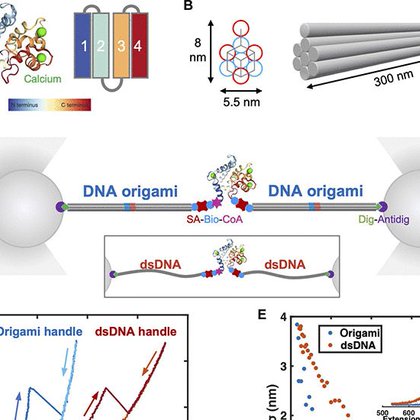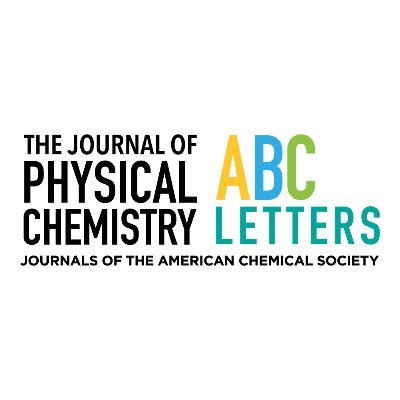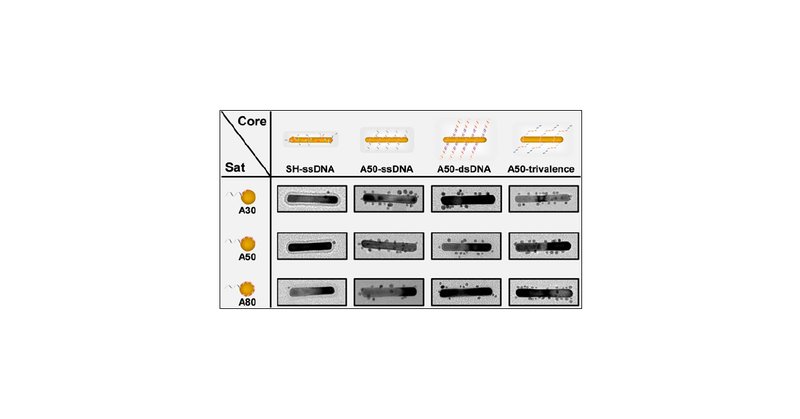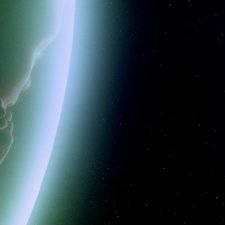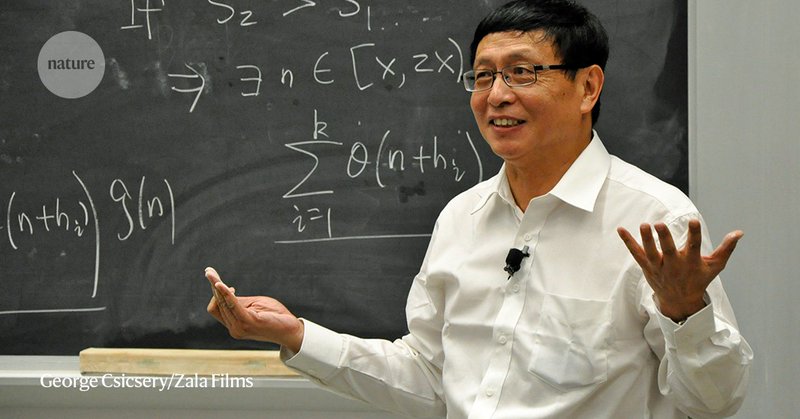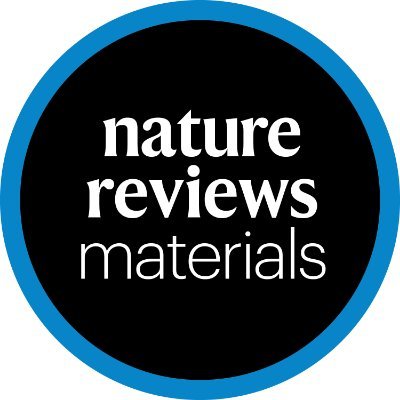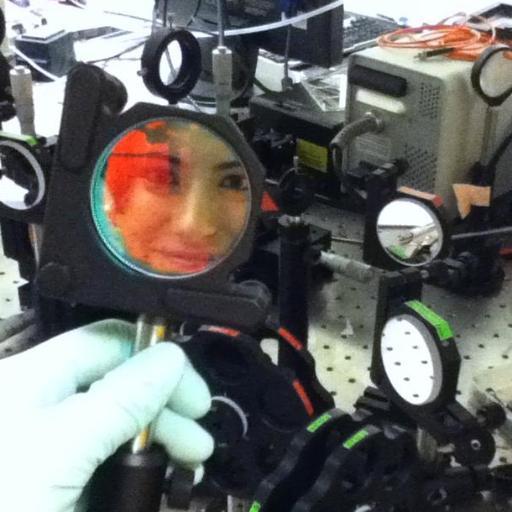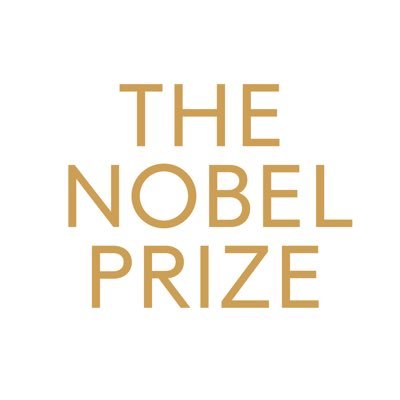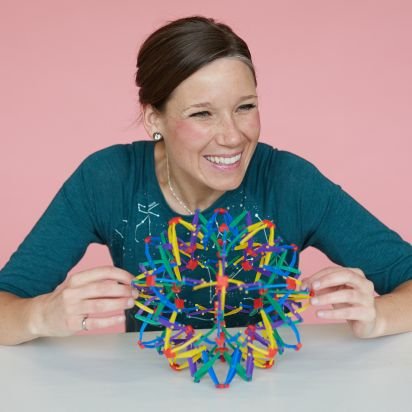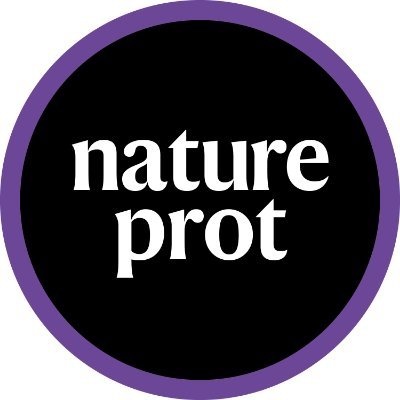
Honglu Zhang
@Honglu_Zhang
Followers
105
Following
484
Media
1
Statuses
79
Programmable Biotech Lab Engineering dynamic nucleic acids (dNA) into the programmable matter for human health and better living.
Shanghai, China
Joined September 2016
Check out our recent article in collaboration with the Fan lab: @BustamanteLab work led by @Honglu_Zhang in @ScienceAdvances! Congrats to all authors involved! @cccDNA
https://t.co/tI8X9dUhTD
science.org
DNA origami force probes and AlphaFold combine experiments and AI to decode the dynamics of protein folding.
0
4
13
Our recent review at Fundamental Research explores the innovative applications of programmable DNA-based biomaterials in bone tissue engineering.
1
0
3
Zhang lab developed a simple, effective method for assembling non-thiol-modified polyA-DNA on AuNRs. This allows easy control over surface DNA density & distribution paving the way for advanced higher-ordered assembly with AuNRs @HuanZhang16 @Honglu_Zhang
https://t.co/avWGmTv6RP
pubs.acs.org
Gold nanorods (AuNRs) with unique optical properties play a pivotal role in applications in plasmonic imaging, small molecule detection, and photothermal therapy. However, challenges in DNA functio...
0
1
1
In situ DNA storage with whole blood cryogenic silicification
2
0
0
1/n Why are mathematicians interested in the distribution of prime numbers, and what do they actually mean by that? A 🧵 on the Riemann hypothesis and Yitang Zhang's latest preprint on the Landau-Siegel zeros conjecture, which I covered yesterday https://t.co/PCua3EKpFD
nature.com
Nature - After shocking the mathematics community with a major result in 2013, Yitang Zhang now says he has solved an analogue of the celebrated Riemann hypothesis.
18
312
1K
We know quite a bit about nanoparticle interactions in mammalian cells. But what about plants? New Research Highlight on a @NatureNano paper by @Landry_Lab reporting the interactions of siRNA-gold nanoparticles in plant leaves - and yes, they are different https://t.co/5cM3yZcqBH
0
10
32
Want to deliver RNA in plants 🪴with nanoparticles 🧪? Nanoparticle cell entry isn't needed! Check out @_nanonat & @HuanZhang16's paper out today in @NatureNano featuring nanospheres, rods, and a transport mechanism for nanoparticles in plant tissues! https://t.co/JzzjFpsLXN
1
85
308
Thank you to landry lab @Landry_Lab and Yang lab @yanggroupucb for this great collaboration! We have another nanomaterial capable to deliver cargos in plants!
DNA-free gene silencing in plants 🌿! Gold Nanoclusters enable fast delivery of siRNA into plant cells for gene knockdown - @HuanZhang16's paper is published today in @NanoLetters! 🧾: https://t.co/DZtEODty28
0
2
5
Kary Mullis, born #OTD 1944, was tired and it was dark. His thoughts wandered as he was driving. He had to stop his car to think properly - all the puzzle pieces fell into place. Mullis had just invented the polymerase chain reaction (PCR), earning him the 1993 Chemistry Prize.
11
183
845
Check out @HuanZhang16's new paper, out today in @NatureProtocols: https://t.co/dBd2lRuQ9A. Design your own DNA nanostructures for transgene-free gene silencing in plants! | @plantae_org | @igisci | @USDA_NIFA |
1
46
140
Deep deep thanks to Landry lab! Let’s keep in touch and continue exploring nanoscience in agriculture! I will definitely visit back and welcome to visit my lab!
Congrats to Huan Zhang @HuanZhang16, who will be Professor Zhang starting this Fall at the Jinan University Department of Chemistry & Materials Science🍾🎉! The Zhang lab will develop nanomaterials to pioneer research in agri-tech: https://t.co/qmdPgpVVaU. We will miss you🥲!
2
1
8
Very excited to share our 1⃣st publication from the lab - the development of near PAMless CRISPR-Cas9 variants. Huge congrats to @russelltwalton (🙌), @katieachristie, and @mn_whittaker for their tireless work. Brief thread 👇. #CRISPR #druggablegenome
https://t.co/t4WL1o3kJe
34
221
602
#NewNProt: A new protocol enables efficient #genedelivery in #plants using functionalized high-aspect ratio #carbonnanotubes (CNTs) https://t.co/lKVSJY5WE9
@Landry_Lab
0
3
3
Scientists use DNA origami to alter gene expression in plants. @Landry_Lab
https://t.co/MFcxmyjjKw
0
4
5


